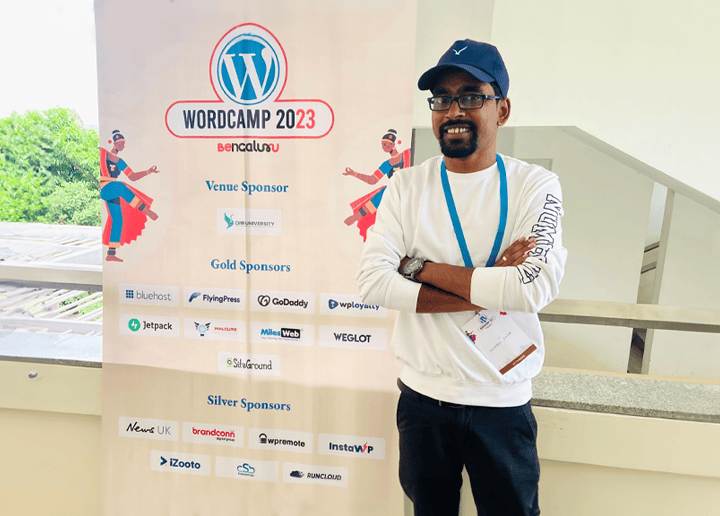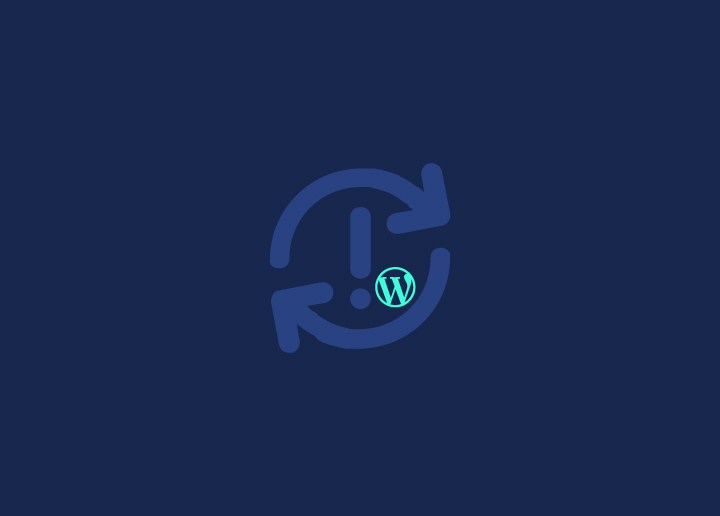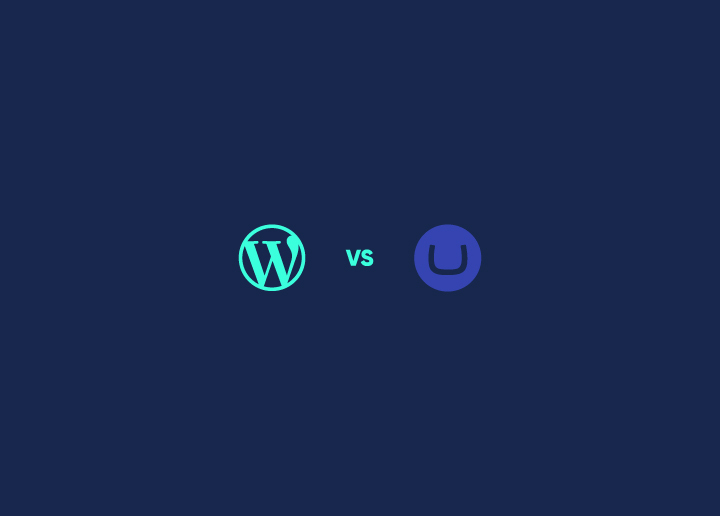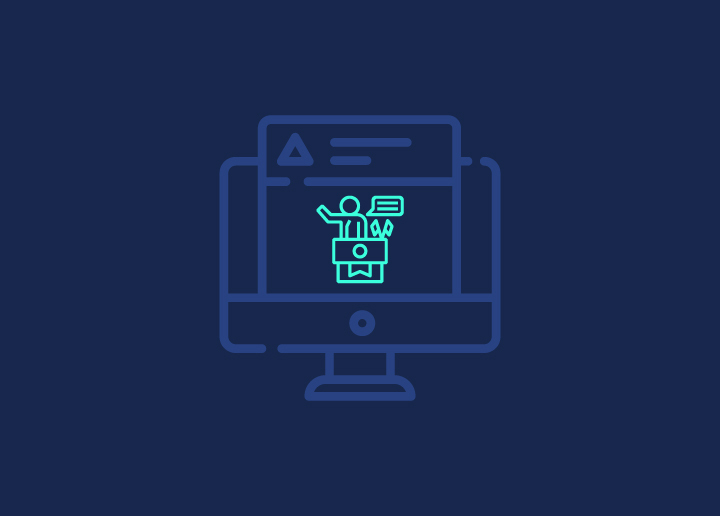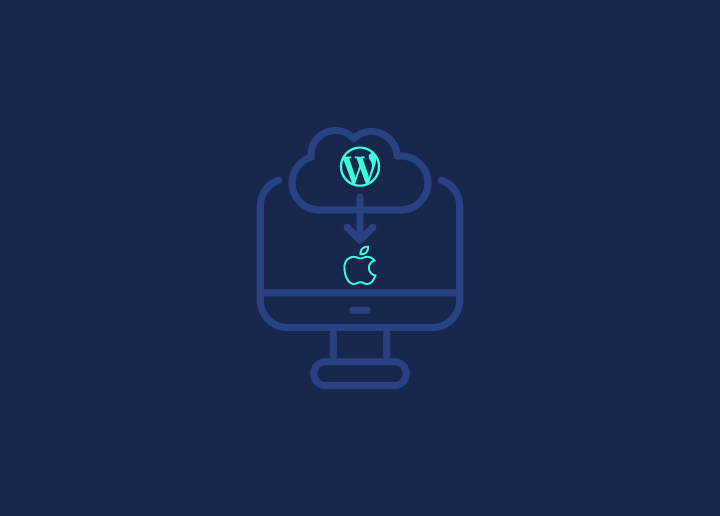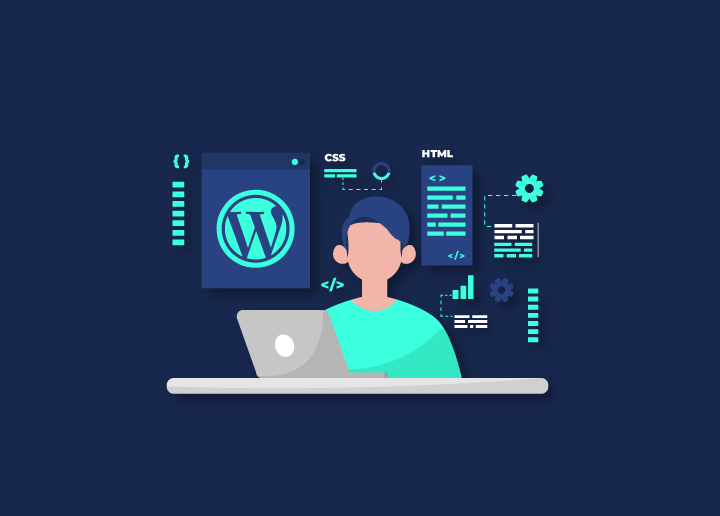Before talking about becoming a WordPress developer, first, let’s know what WordPress is in brief. WordPress is a free, open-source content management system based on PHP and MySQL. It uses parts of the model—post, edit, and display—as its architectural framework. The posts can be formatted in HTML or WYSIWYG editor. Do you know over 455 million websites use WordPress?
Since the software is free, many agencies & individuals hire a professional WordPress developer for top-quality website design and development. To help you gain a foothold in this market, check out this article to explore the role of a WordPress developer and how you can become a professional WordPress developer in just a few easy steps.
Contents
ToggleWho Is a WordPress Developer?
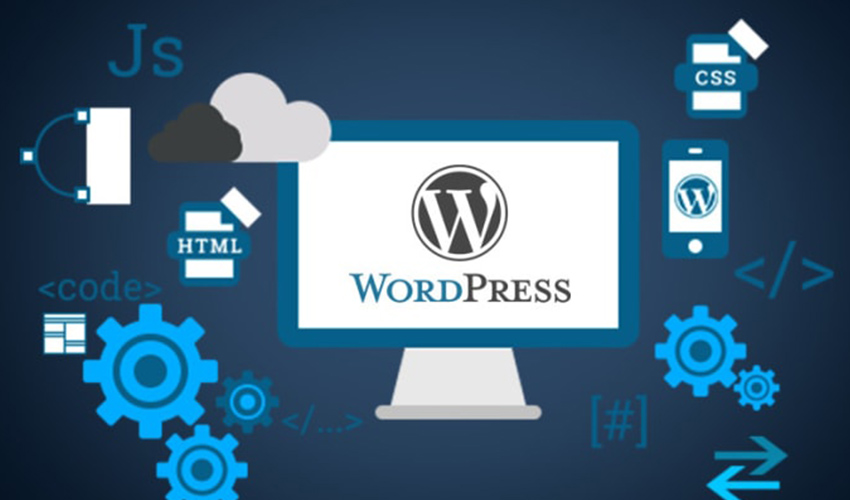
As a WordPress Developer, you will be responsible for back-end and front-end development, including creating WordPress themes and plugins. A significant portion of your time will be spent on creating functionality that meets the specific needs of clients and customers.
You will also troubleshoot issues and ensure your code meets industry standards. As a WordPress developer, you will also get to do a lot of white label WordPress development projects.
On the Lookout for the Best WordPress Developers?
Seahawk’s professional WordPress developers are here to help with all your WordPress needs.
To become a WordPress Developer, you must have a strong understanding of both PHP and HTML. CSS and JavaScript are also essential programming languages to know. Familiarity with multiple CMSs, such as Joomla and Drupal, is also beneficial. If you want to specialize in plugin or theme development, learning how to use the WordPress API is essential.
Learn More: WordPress Development Workflow: Ultimate Guide
3 Main Types of WordPress Developers
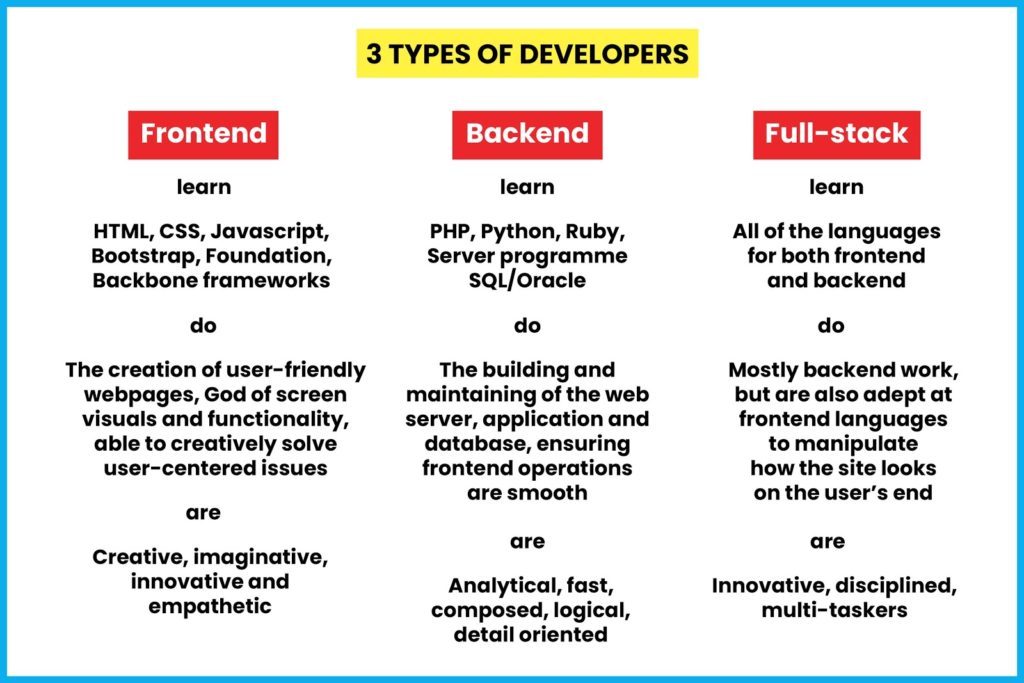
WordPress is a powerful and flexible content management system that powers millions of websites worldwide. As such, a diverse range of developers work with WordPress, each with specialized skills and areas of expertise. There are different types of WordPress developers, each with their skills and experience. Here are some of the most common types of WordPress developers:
Full Stack Developers: A full-stack developer is a WordPress developer with a comprehensive understanding of front-end and back-end development. Full-stack developers can design and develop complete WordPress websites from start to finish. They have a deep knowledge of HTML, CSS, JavaScript, PHP, and database management, allowing them to tackle all aspects of website development, from the user interface to server-side logic and data integration.
Front-End Developers: Front-end developers focus on a WordPress website’s graphical interface and user experience. They are responsible for creating the site’s look and feel and developing custom themes and plugins. Front-end developers strongly understand HTML, CSS, JavaScript, and responsive design principles. They work closely with designers to translate visual designs into functional and visually appealing websites.
Back-End Developers: Back-end developers focus on a WordPress website’s functionality and technical aspects. They are responsible for ensuring that the site runs smoothly and efficiently and can often be found working on complex database queries and code optimization. Back-end developers deeply understand PHP, MySQL, server configuration, and WordPress core functionality. They build custom plugins, integrate third-party APIs, and optimize website performance and security.
Duties as a WordPress Developer
Keeping a WordPress website running smoothly and efficiently is no small feat. As a WordPress developer, you need to consider these critical duties as part of your everyday:
- Core/plugin updates – Regularly update the WordPress core files, themes, and plugins to ensure security, compatibility, and access to the latest features.
- Backups & restore – Implementing a robust backup strategy to safeguard your website’s data, content, and configurations, allowing for swift restoration in case of any issues.
- Security monitoring: Proactively monitor your website for potential security threats and vulnerabilities and implement necessary hardening measures to protect against attacks.
- Performance optimization – Optimizing your website’s speed, caching, and resource usage to deliver a fast and responsive experience for your visitors.
- Content maintenance – Managing and updating your website’s content, ensuring it remains fresh, relevant, and aligned with your business goals.
- User management – Administering user accounts, roles, and permissions to control who can access and make changes to your website.
- Troubleshooting issues – Identifying and resolving any technical issues, conflicts, or errors that may arise, ensuring your website functions as intended.
- Implementing new features – Adding new functionality, integrations, or customizations to your WordPress website to enhance its capabilities and meet evolving business needs.
- Testing & quality assurance: Thoroughly test new features, updates, and changes in a staging environment before deploying them to your live website, ensuring a seamless user experience.
- Analytics & reporting: We monitor website performance metrics and user behavior and generate reports to gain valuable insights for data-driven decision-making.
Steps to Become a WordPress Developer

If you’re serious about becoming a WordPress developer, there are a few easy steps you can consider to get started:
- Please familiarize yourself with the WordPress codebase and learn how it works.
- Start contributing to the WordPress core or other popular plugins and themes.
- Join the WordPress community and attend WordCamps or other meetups to network with other developers.
- Start working on your projects.
- Keep learning and experimenting with new things.
By following these steps, you’ll be on your way to becoming a WordPress developer. Let’s examine these steps in depth.
Familiarize Yourself With WordPress
The first step to becoming a WordPress developer is to familiarize yourself with the platform. Even if you’re already familiar with other CMS or web development frameworks, it’s essential to take some time to learn the ins and outs of WordPress.
Many resources are available to help you do this, including the official WordPress Codex and various online tutorials. Once you have a good understanding of how WordPress works, you can move on to step two.
Learn PHP and MySQL
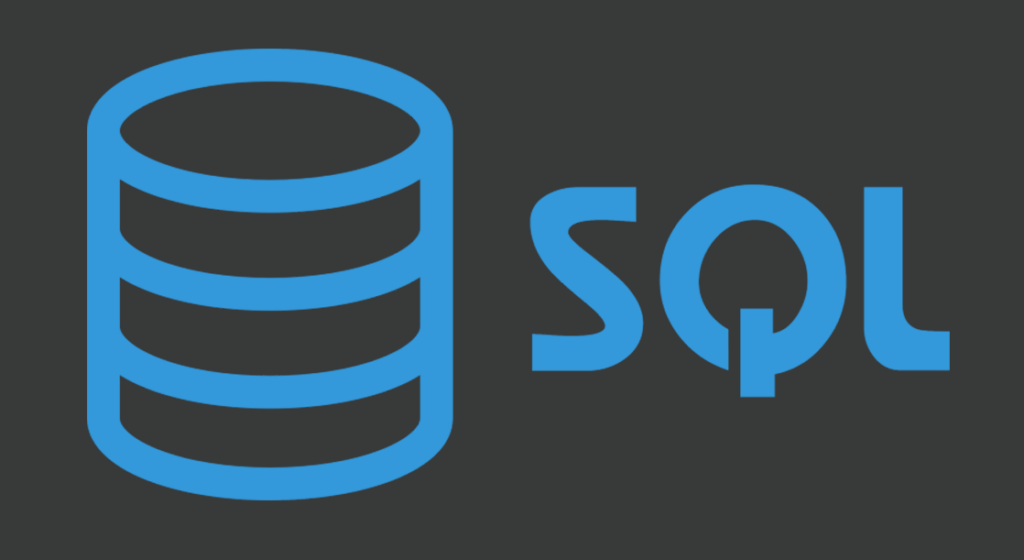
WordPress is written in PHP, so if you want to develop the platform, you’ll need to learn this programming language. In addition, because WordPress stores its data in a MySQL database, you’ll need at least basic knowledge of SQL (Structured Query Language).
Luckily, plenty of resources are available to help you learn these technologies. For PHP, we recommend checking out the official PHP documentation or one of the many online tutorials like one from Tuts+ Code. For MySQL, we recommend reading through the official MySQL documentation.
Further Reading: WordPress Website Development: Why Is It Important
Get Involved in the WordPress Community
The best way to learn how to develop WordPress is to get involved in the community. Many ways exist, including attending WordCamps (WordPress-focused conferences), joining a local WordPress meetup group, or contributing to the WordPress core code.
If you’re serious about becoming a WordPress developer, we recommend doing all three. By getting involved in the community, you’ll not only learn more about how WordPress works, but you’ll also make valuable connections with other developers.
Read More: Why Your Business Needs White-Label WordPress Outsourcing
Learn WordPress Theme and Plugin Development

As a WordPress developer, you must master creating niche plugins and themes. This will enable you to build unique and tailored solutions for your clients or projects.
To achieve this, follow these steps:
- Study the WordPress Theme Handbook thoroughly and understand the best practices for theme development.
- Create custom themes from scratch, starting with basic HTML, CSS, and PHP templates and gradually adding more advanced features and functionality.
Know More: How To Remove Unused CSS In WordPress?
- Explore the WordPress Plugin API and learn how to develop custom plugins that extend WordPress functionality, such as adding new features, integrating third-party services, or enhancing existing functionality.
- Utilize version control systems like Git to manage and collaborate on WordPress projects, ensuring efficient code management and teamwork.
Read More: How to Promote Your WordPress Plugin or Theme to Increase Sales
Gain Experience Through Projects and Freelancing
Practical experience is invaluable in the world of WordPress development. To gain hands-on experience, consider the following steps:
- Build personal projects or contribute to open-source WordPress themes and plugins to showcase your skills and gain practical experience.
- Explore freelancing opportunities or take on small client projects to work with real-world requirements and deadlines.
- Continuously learn and stay updated with the latest WordPress releases, security best practices, and emerging technologies like the WordPress REST API and React.js for building modern WordPress applications.
- Document your projects, challenges, and solutions to create a comprehensive portfolio demonstrating your expertise.
Read More: Best WordPress Security Service Providers
Obtain Certifications and Continuous Learning
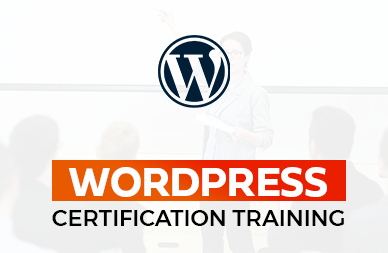
In web development, continuous learning is essential. To stay ahead of the curve and validate your skills, consider the following:
- Obtain official WordPress certifications, such as the WordPress Developer or WordPress Professional certifications, to demonstrate your proficiency and commitment to the platform.
- Attend online courses, workshops, or boot camps to expand your skillset and stay up-to-date with the latest WordPress trends and best practices.
- Continuously learn and adapt to new technologies, frameworks, and tools that integrate with WordPress, such as Gutenberg (the new WordPress block editor), React, and headless WordPress setups.
- To stay informed about the latest developments in the WordPress ecosystem, follow industry experts, attend webinars, and subscribe to relevant blogs and newsletters.
Build a Strong and Network
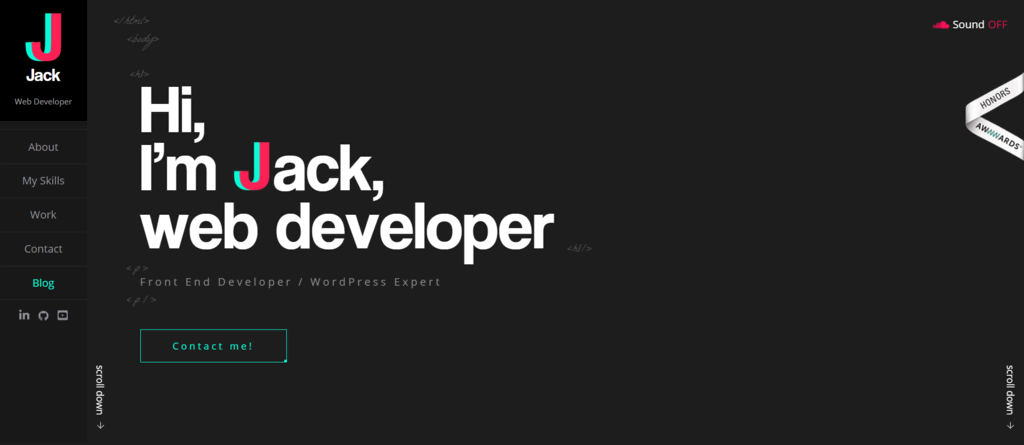
A compelling portfolio and a solid professional network can open doors to exciting opportunities in the WordPress development community. To achieve this, follow these steps:
- Develop a professional online portfolio showcasing your best WordPress projects, themes, and plugins, along with detailed descriptions and documentation.
- Participate in open-source WordPress projects and contribute to the community to gain recognition and build relationships with other developers.
Insights: Why You Should Hire WordPress Developers from India
- Attend local and online WordPress events, conferences, and meetups to network with potential clients, employers, and other industry professionals.
- Engage with the WordPress community on social media platforms, forums, and online groups, sharing your expertise and collaborating with fellow developers.
Learn More: Best UI/UX Portfolio Websites & Builders
By following these actionable insights, you will be well-equipped to become a proficient WordPress developer in 2024, capable of delivering high-quality solutions and staying ahead in the ever-changing world of web development.
How to Work as a WordPress Developer?
There are many options available for those seeking to work as WordPress developers. Below, we will outline a few of the most popular methods for finding work in this field.
- Working as an employee for a company that specializes in WordPress development – This is often the most reliable way to find consistent work, as companies will typically have a steady stream of projects that need to be completed. However, finding these positions can be more challenging, as they are often highly competitive.
- Working as a freelancer on a per-project basis – It can be a great way to get started in the field, as it allows you to build up a portfolio of work and test your skills on real projects. Once you have established yourself as a competent freelancer, you can charge higher service rates.
- Working as part of a team of WordPress developers – This is often the best way to learn and grow as a WordPress developer, as you can collaborate with other experienced professionals. Additionally, working within a team can lead to full-time employment opportunities.
- Starting your own WordPress development business – This option is only viable if you have significant experience with WordPress and feel confident in your ability to provide high-quality services. However, if successful, owning your own business can be extremely rewarding both financially and personally.
Read More: Top WordPress Web Design Agencies
Building a WordPress Developer Portfolio
When starting as a WordPress developer, building a portfolio is essential for showcasing your skills and attracting potential clients or employers. Your portfolio should demonstrate your ability to create a high-quality WordPress website.
Showcase Personal Projects
One way to start building your portfolio is to work on personal projects. These projects can include creating custom WordPress websites for different kinds of businesses and developing plugins or themes.
Complete Freelance Projects
Another way to build your portfolio is by completing freelance projects for clients. Freelancing allows you to gain real-world experience, work on various projects, and make your portfolio with real examples of your work.
When completing freelance projects, get permission from clients to include the projects in your portfolio. Also, highlight your skills and accomplishments while working on the project.
Learn More: How To Create A Static WordPress Site
Highlight Your Skills and Accomplishments
When building a portfolio, highlight your skills as much as possible. For example, include examples of the WordPress websites you’ve built and highlight the features & functionalities you’ve implemented. You can also highlight any awards or recognition you’ve received for your work and include testimonials. This will build your credibility.
Organize Your Portfolio
Make sure your portfolio is easy to navigate and showcases your work effectively. Use high-quality images and descriptions of your work, and organize your portfolio logically and efficiently. Be sure to include a way for potential clients or employers to contact you, such as a contact form or email address.
How Much Does a WordPress Developer Make?
If you’re considering a career as a WordPress developer, one crucial factor is how much you can expect to earn. The salary of a WordPress developer can vary based on several factors, including location, experience, and skillset.
Average Salary of a WordPress Developer
According to ZipRecruiter, the average salary for a WordPress developer in the United States is around $67,000 annually. However, this can vary based on experience level, location, and industry. More experienced WordPress developers can expect to earn higher salaries, with some earning upwards of $100,000 annually.
Factors that Affect Salary
Several factors can affect the salary of a WordPress developer, including:
- Experience: More experienced developers can command higher salaries than those just starting.
- Skillset: Developers with solid skills in PHP, JavaScript, HTML, and CSS can earn higher salaries.
- Location: Salaries can vary based on the cost of living in a particular area. Developers in high-cost areas like San Francisco or New York City can expect higher salaries than those in smaller cities or rural areas.
- Industry: Developers working in industries with higher demand, such as e-commerce or marketing, may earn higher salaries than those in other industries.
Freelance vs. Full-time
Another factor to consider is whether you plan to work as a freelance WordPress developer or a full-time team member. Freelance developers typically earn higher hourly rates but may have more variability in their workload and income.
Full-time developers may earn a lower hourly rate but typically have more stability and benefits such as healthcare, paid time off, and retirement benefits.
Learn More: Tips for Choosing the Right WordPress Development Company
Beyond Coding: What Distinguishes a Good Developer from Others?
When crafting remarkable WordPress websites, expertise extends far beyond mere coding prowess. At Heyreliable.com, we believe that great developers bring more to the table. Here are some essential qualities our team has that make our projects stand out:
- Problem-Solving Skills: Building websites can be tricky, but our developers are like superheroes when solving problems. Whether it’s figuring out a cool design idea or fixing a thorny issue, we always find a way.
- Clear Communication: We know that good communication is key to success. Our team keeps you in the loop every step of the way, explaining tech stuff in simple terms and listening carefully to your needs.
- Attention to Detail: Little things can make a big difference. That’s why we pay close attention to every detail of your website, making sure everything looks perfect.
- Always Learning: The internet is constantly changing, and so are we. We stay updated on the latest trends and tech to give you the best solutions, now and in the future.
- Focus on You: Your vision drives us. We take the time to understand your business and goals so we can create a website that truly works for you.
- Team Players: We love working together. Our developers collaborate with designers, writers, and you to ensure we create something unique together.
These qualities and our coding skills make us the perfect team for all your WordPress needs. Stay tuned to learn why custom development leads to a successful website!
Starting Your Career Path as a WordPress Developer
No doubt, becoming a WordPress developer can be a lucrative career choice. WordPress development can offer the income and flexibility you need, but it will require you to invest time and money into education and experimentation.
Our WordPress Development Agency is here to help with any doubts or questions. We are a team of dedicated WordPress developers constantly working to build unique websites and guide our clients. If you are looking for an excellent source of information on WordPress-related topics, check out our blog section!
FAQ
WordPress Developer FAQs
What are the benefits of becoming a WordPress developer?
Becoming a WordPress developer can provide many benefits, such as job security, the ability to work remotely, and a high demand for your skills. Additionally, you’ll have the pportunity to work on a popular platform that powers millions of websites worldwide.
Do I need to learn to code for WordPress?
Not necessarily. WordPress is designed to be user-friendly for non-coders. You can build and manage a basic WordPress website using the admin dashboard and pre-built themes and plugins without writing any code. However, learning some coding (HTML, CSS, PHP, JavaScript) will give you more flexibility to customize your site, create more advanced functionality, and troubleshoot issues effectively.
How can I differentiate myself as a WordPress developer in a competitive market?
- Specialize in a niche (e.g., eCommerce, membership sites, real estate, etc.) and become an expert in that area.
- Stay up-to-date with the latest WordPress trends, best practices, and emerging technologies.
- Build a strong portfolio showcasing your unique skills and successful client projects.
- Offer exceptional customer service, communication, and project management skills.
- Continuously learn and improve your coding skills, particularly in areas like custom theme/plugin development.
- Contribute to the WordPress community by writing blogs, participating in forums, or creating free plugins/themes.
- Obtain relevant certifications or credentials to validate your expertise.
- Network and collaborate with other developers, agencies, and industry professionals.
What are the key skills required to become a WordPress developer?
To become a WordPress developer, you’ll need a strong understanding of HTML, CSS, JavaScript, and PHP. You’ll also need to understand how to use the WordPress platform and its themes and plugins. Good communication, problem-solving, and project management skills are also important.
What are some of the best resources for learning WordPress development?
There are many resources available for learning WordPress development, including online courses, tutorials, and blogs.
How do I build a WordPress developer portfolio?
Building a WordPress developer portfolio can be done by showcasing your work on personal projects, contributing to open-source projects, and completing freelance projects. Be sure to include examples of your work and highlight your skills and accomplishments.
Where can I find WordPress developer jobs?
WordPress developer jobs can be found on popular job search websites such as Indeed, Glassdoor, and LinkedIn. You can also attend WordPress events and meetups to network with potential employers or clients. Additionally, you can search for remote or freelance WordPress developer jobs on websites like Upwork or Freelancer.com.
Where can I find WordPress developer jobs?
WordPress developer jobs can be found on popular job search websites such as Indeed, Glassdoor, and LinkedIn. You can also attend WordPress events and meetups to network with potential employers or clients. Additionally, you can search for remote or freelance WordPress developer jobs on websites like Upwork or Freelancer.com.

